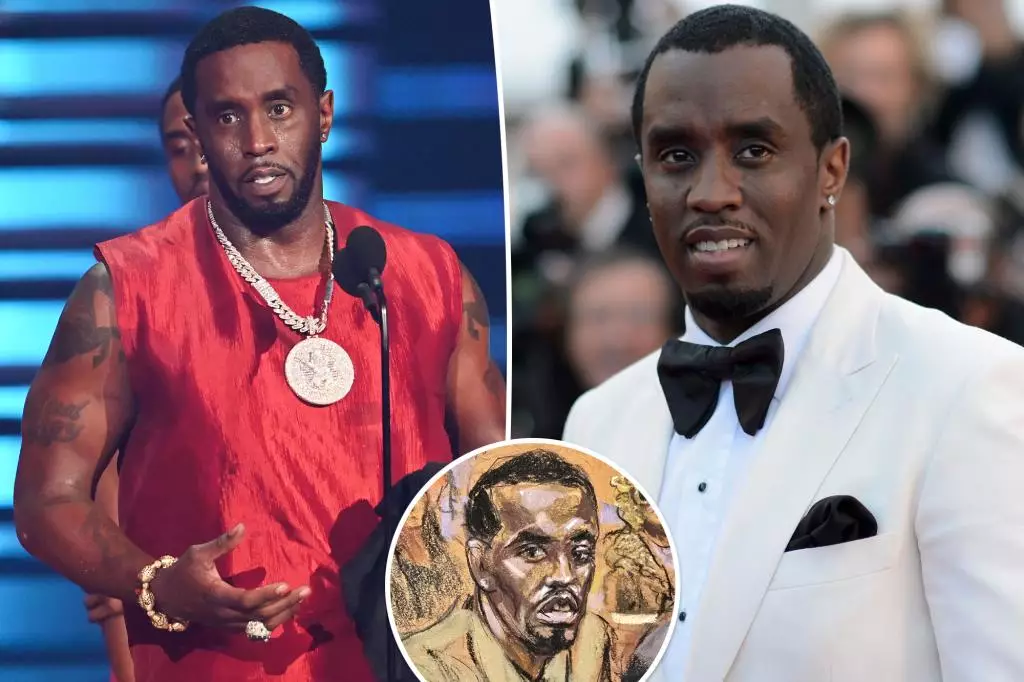The recent judicial ruling ordering a woman who accused renowned figure Sean “Diddy” Combs of sexual assault to reveal her identity underscores the complexities and ethical dilemmas surrounding sexual assault allegations, particularly when they involve high-profile individuals. This situation not only raises questions about the dynamics of accountability and justice in cases of such serious allegations but also highlights the tension between a victim’s right to privacy and the public’s interest in transparency.
In a notable decision from Judge Mary Kay Vyskocil in the Southern District of New York, the plaintiff, initially anonymous and referred to as Jane Doe, has been mandated to disclose her identity lest her lawsuit be dismissed. The ruling touches on critical legal principles, noting that while Doe has a legitimate interest in maintaining her anonymity—given the sensitive nature of her claims and potential media frenzy—she has also engaged in a legal process that inherently invites scrutiny due to the celebrity status of the defendant.
Judge Vyskocil’s assertion that Doe has not sufficiently proven her entitlement to anonymity illustrates a broader legal doctrine: when individuals choose to publicly accuse someone of serious wrongdoing, especially a figure in the public eye, they may inadvertently forfeit certain expectations of privacy. It raises an ethical question: to what extent should a victim of alleged assault be compelled to expose their identity in the pursuit of justice, particularly against a figure as prominent as Combs?
The accusations leveled by Doe are particularly chilling. According to her claims, she and a friend were enticed to a private gathering in New York City in 2004, only to find themselves trapped in a hotel room with Combs, who allegedly threatened them with violence to enforce compliance with his sexual demands. Such accusations, if proven true, paint a harrowing picture of abuse of power and intimidation—a troubling pattern observed in numerous high-profile cases of sexual misconduct.
Combs has denied the allegations in unequivocal terms, asserting through his representatives that he has never sexually assaulted anyone, regardless of the circumstances. This firm denial is not uncommon; many accused individuals stand resolutely against claims that may threaten their reputation and careers, which complicates the pursuit of accountability in sexual assault cases.
The ruling and the subsequent details regarding Doe’s lawsuit are part of a larger narrative involving over 120 alleged victims represented by attorney Tony Buzbee. This staggering figure suggests a potential systemic issue, encompassing not only celebrity figures but a myriad of vulnerabilities within the entertainment industry and beyond. The depth and breadth of these allegations, spanning three decades, raise alarm bells about the culture of silence traditionally surrounding sexual misconduct and the mechanisms of power that allow such behavior to persist unchecked.
Furthermore, the case sheds light on a shifting societal landscape where victims are beginning to come forward more frequently. Still, the repercussions are palpable—increased media scrutiny and potential backlash follows any public acknowledgment of victimization. The implications of such legal proceedings become even more profound when one considers the variety of individuals involved, including minors and various gender identities, who face their own barriers to disclosure, particularly in high-stakes environments.
The backdrop of Combs’ ongoing legal troubles, especially following his ex-partner Cassie Ventura’s explosive allegations, underscores the urgency and volatility surrounding these cases. Following her accusations, which included rape and beatings, the swift settlement further complicates public perception. While Combs’ legal representation consistently reaffirms his innocence, the multitude of claims against him inevitably contributes to a narrative that places him at the center of a scandalous saga.
With Combs facing indictment on serious charges including racketeering and sex trafficking, his imminent trial scheduled for May 5, 2025, promises to be a focal point for discussions surrounding assault, celebrity culture, and legal ethics. As this situation unfolds, the intersecting themes of privacy, accountability, and societal representation invite continued scrutiny and dialogue.
The legal proceedings involving Sean Combs present a complex tapestry of ethical considerations, personal stakes, and societal implications that will undoubtedly resonate well beyond the courtroom, challenging the narratives surrounding sexual violence and justice in contemporary society.

Leave a Reply